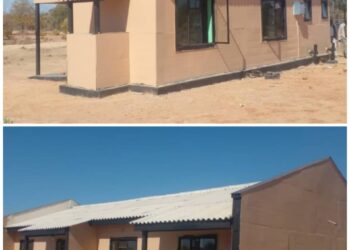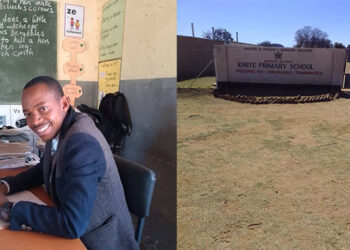Ingutsheni Central Hospital, a psychiatric institution in Bulawayo, has reported that it has admitted more patients than it can accommodate.
The hospital’s CEO, Dr. Nemache Mawere, made the revelation during the World Mental Health Day event held at the hospital. The Chronicle cites Dr Mawere as saying:
Our number changes each day and we currently have about 650 patients. However, our wards are overwhelmed as we have more patients against our carrying capacity. The Khumalo ward has 180 patients against 76 bed and the forensic ward has 70 patients against 60 beds.
He added that the institution faces challenges with families that do not support their relatives and the hospital is constantly doing follow-ups and engagements to ensure that patients get support.
Without revealing the main cause of the health conditions, Dr Mawere said men remain a majority among mental patients.
According to Dr. Wellington Ranga, the clinical director of Ingutsheni Central Hospital, many outpatients are referred from other healthcare facilities. The most prevalent illness among patients at Ingutsheni is schizophrenia. However, Dr. Ranga noted that depression and anxiety are the most common mental illnesses affecting Zimbabweans overall. They have observed an increasing number of patients attending their outpatient services.
Dr. Ranga acknowledges the impact of drug abuse on young people and communities. He believes that addressing this issue requires a comprehensive approach. He pointed out that many boys in high schools are smoking marijuana, but society often fails to take action and it’s only when a boy becomes mentally ill and is admitted to Ingutsheni Hospital that parents start to question why it happened. Dr. Ranga also highlights the misconceptions surrounding mental health and how society views Ingutsheni Hospital. He emphasised the need for a more informed and open-minded approach to discussing mental health issues.
Established in 1907, Ingutsheni Central Hospital has a capacity of 708 beds, making it the sixth-largest hospital in Zimbabwe and a major mental health training institution in Africa.








